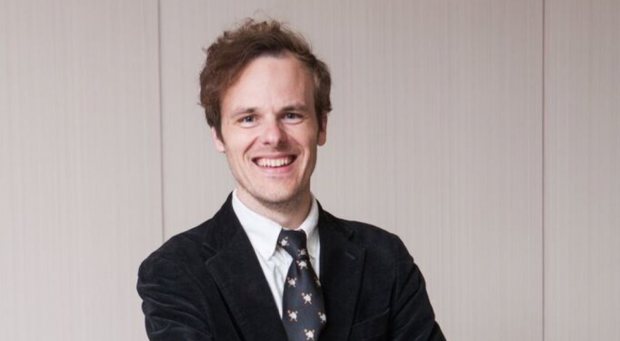
(Professional Development) 3:00-3:45 pm Zoom
Tips for Getting a Ph.D., Academic Employment, and Publishing
This professional development workshop will offer tips on: navigating the Ph.D. process; publishing in high end impact journals during and after the Ph.D.; ways to increase impact and attract funding; and strategies for maintaining a healthy work-life balance. In addition, the workshop will survey the various publishing indexes prioritized by universities and hiring committees in Korea, and discussion of the metrics that faculty are judged against for hiring and promotion. The session is targeted primarily towards younger researchers/educators considering careers in academia. A Q&A will follow.
(Reflective Practice) Webinar Library
A Pedagogy of Vulnerability
Vulnerability is an active dialogue. Hence, in this chapter we will enact our vulnerabilities through a dialogue with each other. Drawing on the Deleuze and Guattari (1987; see also St. Pierre, 2017) and Freire (1970/2006) We except that our voices are multiple and entangled with discourses and materialities that make and are made by us in turn, and that each of us represents an intersection of various historical possibilities and embodied relations. There are a thousand plateaux here, to paraphrase Deleuze, upon which we exist in any given moment. Our dialogue moves us into, out of, and across these plateaux as we engage with others, knowing that the co-creation that we articulate is both structural and ephemeral at the same time. The act of dialogue is concurrently familiar and vulnerable, through it we place ourselves in a position of consumption, reproduction, and critique. Furthermore, given the surveillance cultures we live in today, with smart technologies grasping at our every move, and audio/video threatening our anonymity and freedoms (Skeggs, 2018), these vulnerabilities are particularly amplified for us as scholars and educators. To acknowledge and interpret these multiple materialities (Zembylas, 2017), we have chosen to enter into a vulnerable dialogue on hope in contemporary education. We will overview some principles for vulnerable teaching, and discuss the pedagogical and methodological implications before concluding. We want this to be particularly useful to those who chose a pedagogy of vulnerability that is "selective and purposeful, not random" (Brantmeier, 2013, p.101).
About Kevin Kester
Kevin Kester is Assistant Professor of International Education and Global Affairs cross-appointed to the Department of Education, Graduate School of Education, and school of Global Affairs at Keimyung University in Daegu. He holds a Ph.D. from the University of Cambridge and has been working in higher education since 2007. His most recent book is The United Nations in Higher Education: Peacebuilding, Social Justice, and Global Cooperation for the 21st Century.


